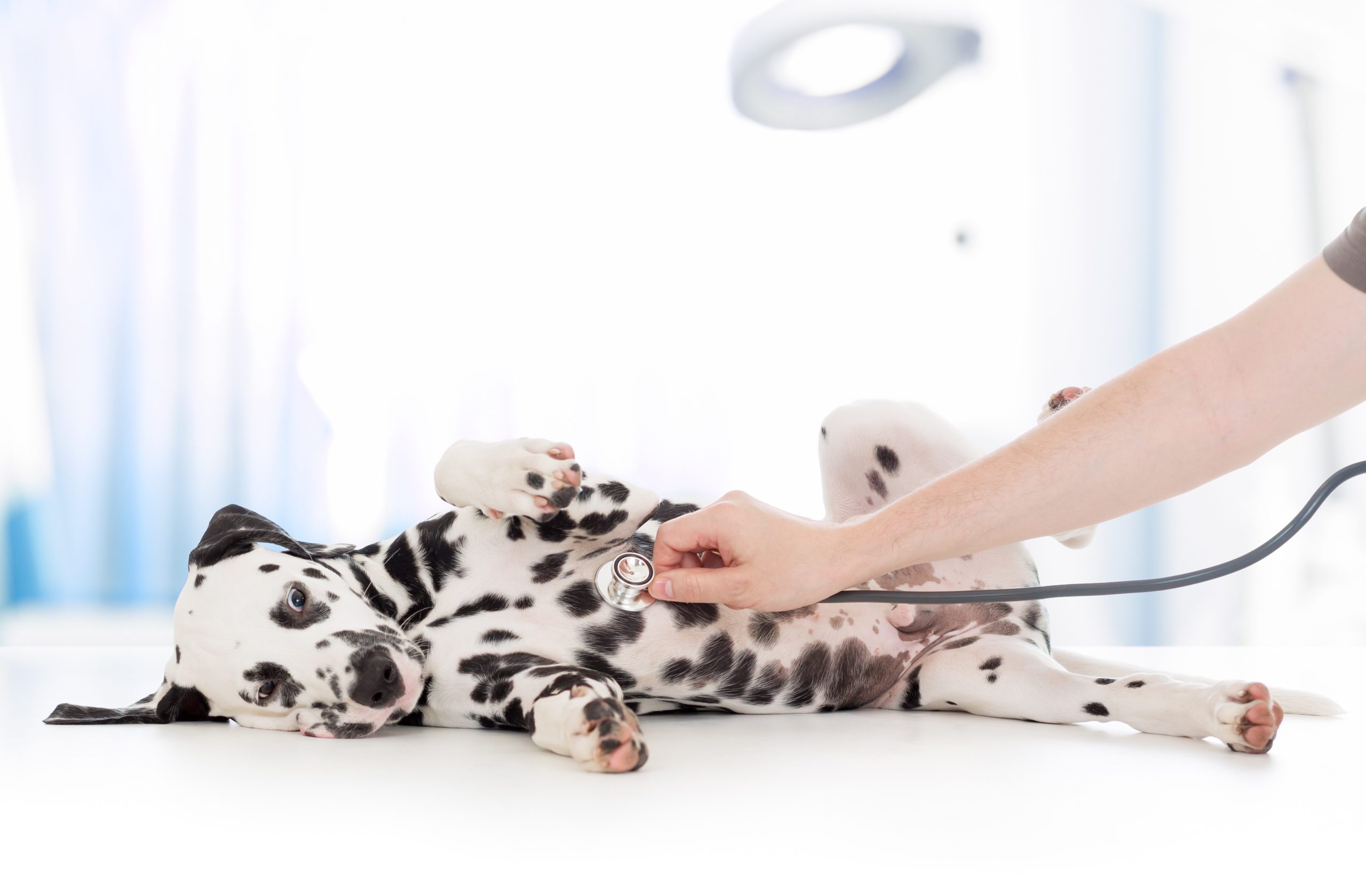How To Prepare for an Animal Medical Emergency
Emergencies happen at any time, and the best thing you can be is ready! Do you know what to do in case of an emergency with your pet? If not, take note of these tips:
- Ensure your home is equipped with an animal first aid kit
Having an animal first aid kit on hand is just as essential as having one for yourself. Basic kits are available online as well as through some veterinary offices, but with a little guidance from us, you can easily put together a basic kit your own! We will get to that a bit later. - Avoid incidents by reducing the risk
Just like you would a child, always remember to perform a safety check of your pet’s surroundings. Look out for dangerous critters on trails, harmful objects on the sidewalks, look both ways before crossing streets, dangerous hazards in your home (exposed extension cords prime for chewing!), and so on. - Store emergency numbers close by
Be sure to keep any animal medical emergency numbers near your primary phone, whether it’s on a pad next to your landline or starred in your cell phone contact list for easy access. Start with your regular veterinarian, poison control, the nearest 24-hour emergency clinic, and then any close family or friends that would be able to quickly assist if necessary. Also, store your pet’s microchip number in a safe space either on this same notepad or in an emergency contact note on your cell phone.
*National Animal Poison Control Center: 888.426.4435
*Pet Poison Helpline: 855.764.7661
- Take an animal CPR course!
The American Red Cross and many other organizations offer training and certification classes for animal CPR. You can also find a wealth of information and training on YouTube. Otherwise, just plug “animal CPR classes” or “pet first aid course” plus your city into the search bar, and you’ll find a range of online and in-person resources. - Stay calm
If an incident occurs, assess the situation, think first, and then act. Jumping anxious and unprepared into a situation may only stress your pet further. Try talking to them in a soft, soothing voice and avoid any confrontational body language or direct eye contact. Also, try approaching your pet from the side rather than straight on. - Know when to seek emergency veterinary help
Refer to the AVMA (American Veterinary Medical Association) for a comprehensive list of animal medical emergencies.
What To Include in Your Animal First Aid Kit
What you decide to pack in your cat and dog first aid kit will vary depending on your pet’s specific breed and needs. Here are some general supplies you should consider including in your animal medical emergency bag:
- Pet first-aid book
- Emergency phone numbers
- Your pet’s paperwork (vaccines, microchip, etc.)
- Leash
- Self-cling bandage
- Antiseptic wipes, lotion, powder, or spray
- Cloth strips or muzzle to prevent biting
- Absorbent gauze pads, cotton balls, or swabs
- Adhesive tape
- Blankets/towels
- Hydrogen peroxide
- Ice pack
- Non-latex disposable gloves
- Rectal thermometer (your pet’s temp should not rise above 103°F or fall below 100°F)
- Petroleum jelly (to lubricate a thermometer)
- Rubbing alcohol (isopropyl) to clean the thermometer
- Scissors
- Needle-nosed pliers
- Sterile saline solution
- Tweezers
- Nail clippers
- Benadryl® (if approved by a vet for allergic reactions)
- Ear-cleaning solution
- Expired credit card or sample credit card for scraping stingers away
- Corn syrup or glucose paste for diabetic dogs
- Non-prescription antibiotic ointment
- Penlight or flashlight
- Plastic eye dropper or syringe
- Splints and tongue depressors
Have questions? Contact any one of our 21 AZPetVet locations so we can help!
*The emergency service numbers listed above do have a service fee when you call for emergency service/recommendations via telephone. AZPetVet is not affiliated with either service provider.


